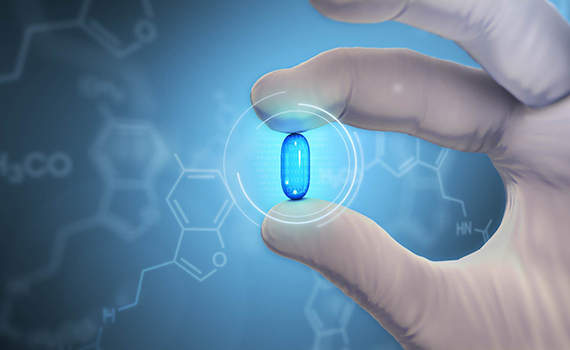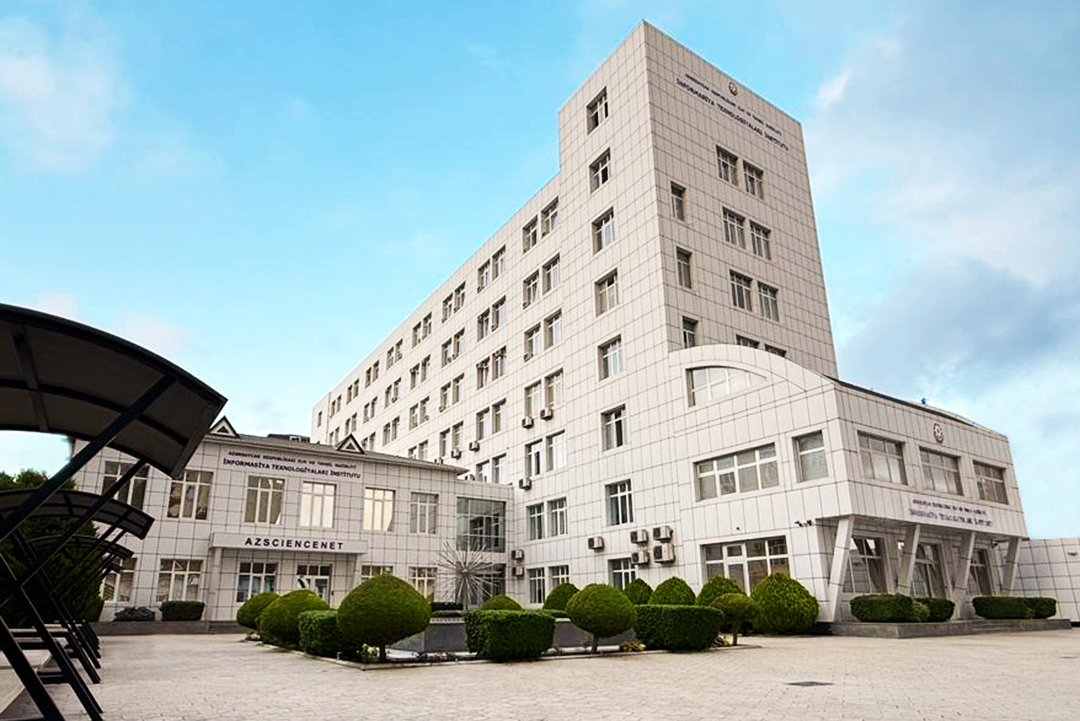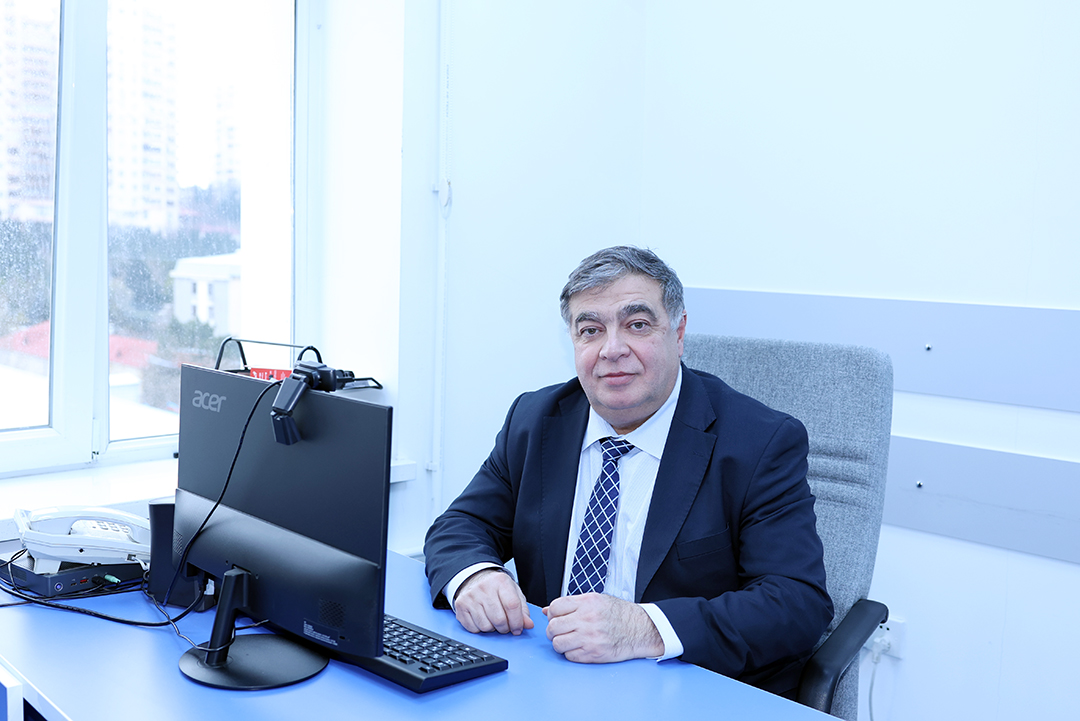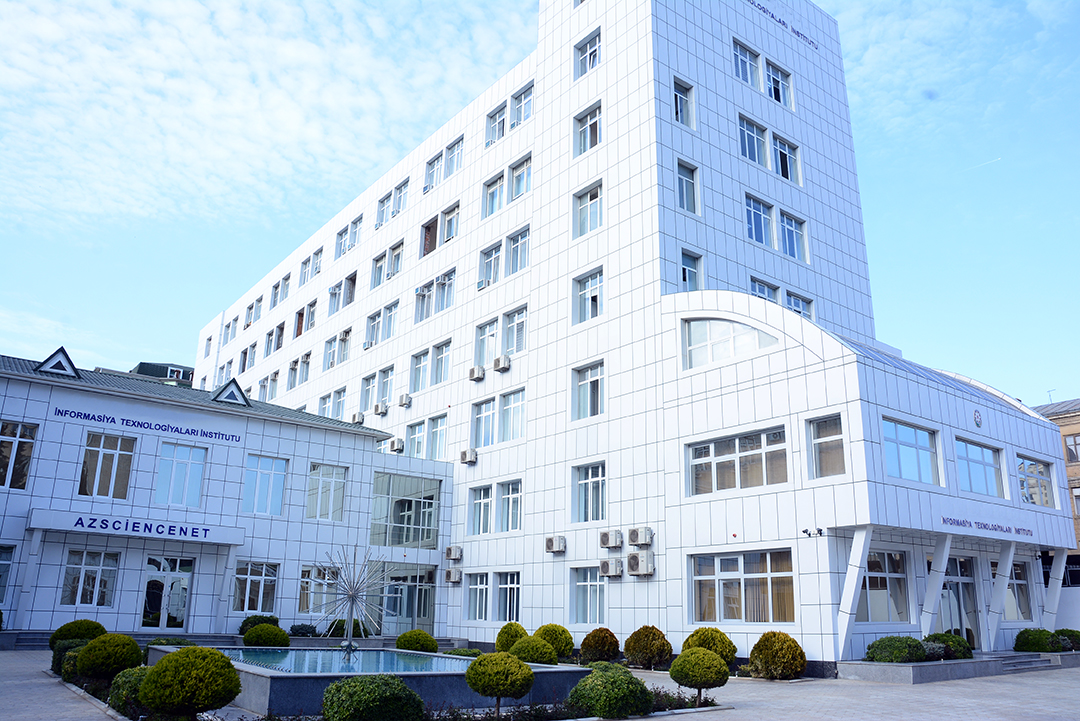NEWS
Artificial intelligence will prevent side effects of drugs

For the first time in the world, Russian engineers from the Flex Databases company used artificial intelligence (the Anya neural network) in the pharmacovigilance system. A self-learning system should find signals, duplicates, and auto-code messages about undesirable reactions to drugs. Signals are messages from one or several sources that reliably confirm the existence of a causal relationship between taking the drug and an undesirable reaction, about which previously either did not know, or the information was not sufficiently informative. For 30 seconds, the system can process signals up to 10 in the fifth power.
It is known that at the time of registration of the drug only 50% of its side effects are detected. Moreover, this applies only to the most frequent (from 1% to 10%) or allergic reactions. Pharmacovigilance collects data and controls the safety of drugs in the post-registration period and provides more complete and accurate information about the risks associated with the sale of the drug. Upon receipt of a sufficiently large volume of reports of undesirable reactions associated with the use of a particular drug (signals), the pharmaceutical company should decide on its removal from circulation.
Olga Loginovskaya, director of quality and corporate development for Flex Databases, comments: "The development of a neural network, as well as its introduction into pharmacovigilance, was caused not only by the desire to speed up the process, but also to reduce the likelihood of error, which is inevitable when working manually." It helps to more effectively achieve the main objectives of pharmacovigilance, which are to assess the safety of a drug, to establish the risks of undesirable reactions, and most importantly, to determine the effect of the drug on the outcome of the disease and the mortality rate. m will be detected such relationship, the safer the drug will be falling to patients through pharmacies and medical-prophylactic establishments. "





